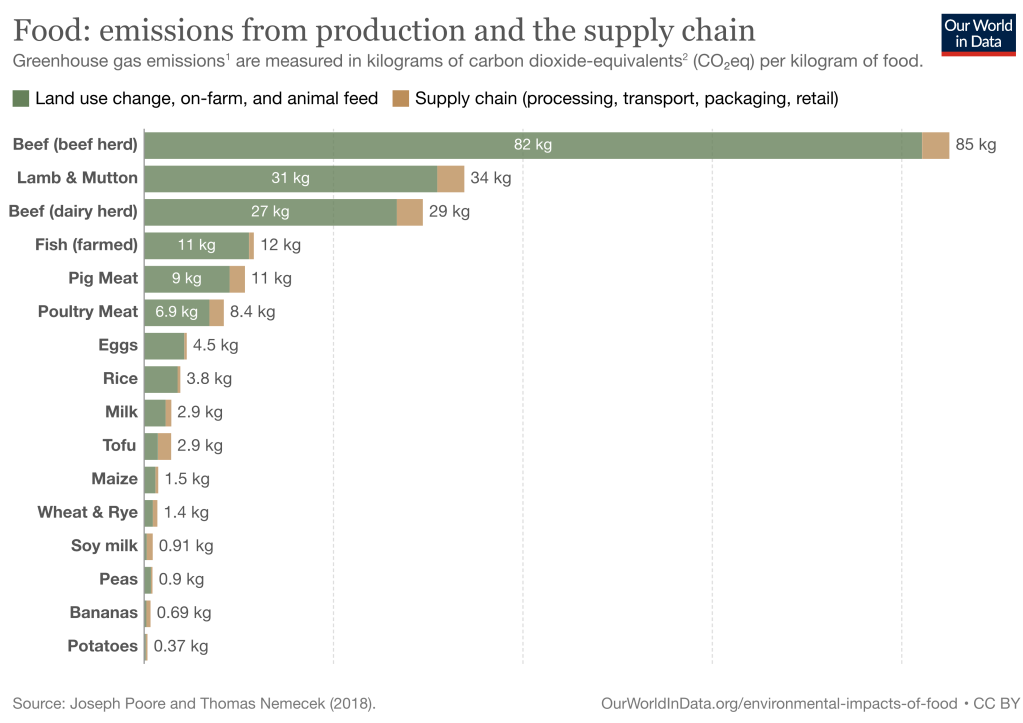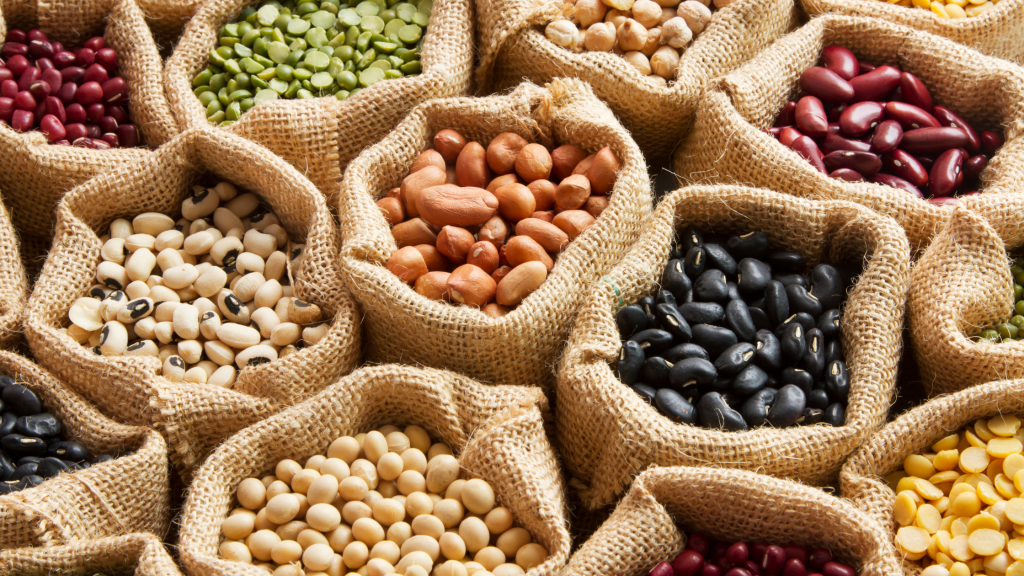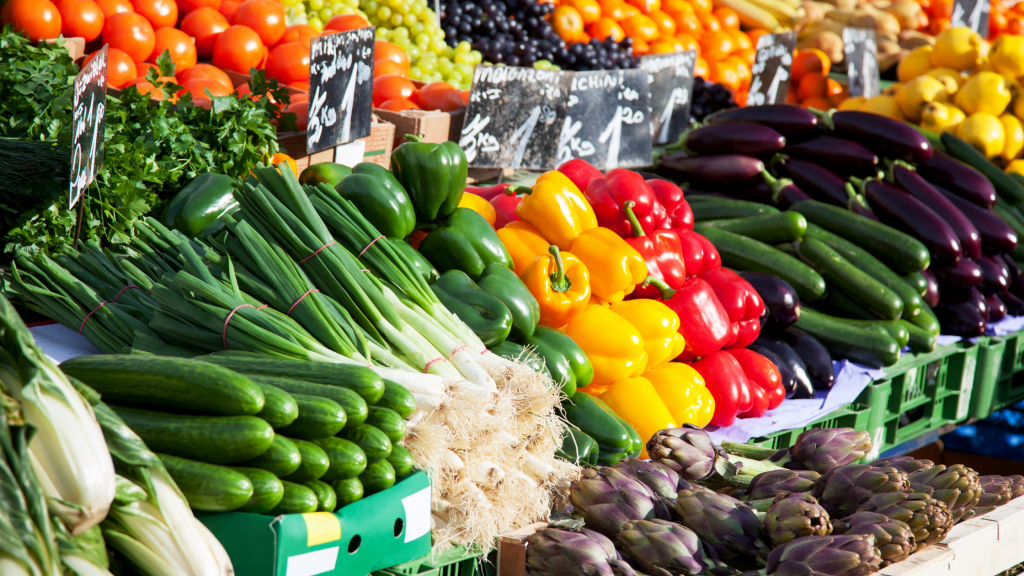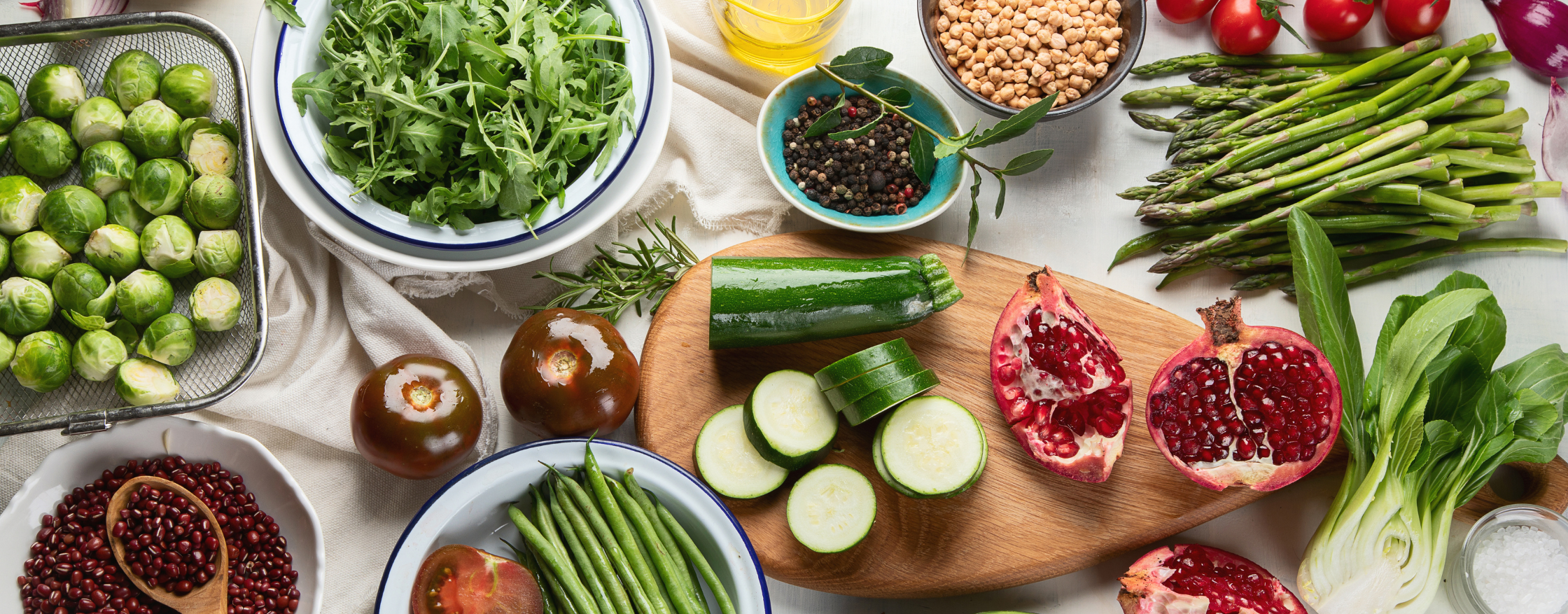October 16th marks World Food Day, an international celebration organised by the Food and Agriculture organisation of the United Nations, with the focus on creating a better, more sustainable food future for all.
Today, we’re marking the event by exploring the question with Venner: What makes a diet sustainable?
First, let’s take a look at the facts;
– Food production contributes more than 25% of global greenhouse gas emissions
– More than 50% of habitable land mass is used for food production systems.
– Food not only affects human health and wellbeing, but different styles of farming techniques and what crops the land is used for also affect the health of the soil, biodiversity and planet.
– With a growing population and a changing climate, these pressures are growing!
However, sustainable diets are one way that we can both mitigate environmental harm, and address hunger around the world.
The Basics of a Sustainable Diet
A simple way to understand sustainable diets is to appreciate that what’s truly good for our health, is also good for the planet. Humans and the planet are intrinsically linked, we are all connected!
Keeping this is mind, here are the key principles:
1. Focus on plants:
Plant-based diets use fewer natural resources (water, land, energy) and produce fewer emissions than animal products, therefore supporting preservation of natural resources, biodiversity, ecosystems and mitigating climate change. For example – check out the differences between tofu and beef in this chart, supplied by Our World in Data.

2. Reduce food waste:
Eliminating food waste is a crucial part of a sustainable diet, excess food waste is a burden on the environment, and wasted food is also wasted water, energy and emissions! If you do have food waste, compost it! (Hopefully you’re eating foods that are compostable!)
3. Eat local and seasonal:
Local and seasonal products reduce the energy and emissions contributed in transportation processes. In addition, by consuming locally and seasonally, it also reduces dependence on global food supply chains, empowers local producers and fosters economic development.
4. Reduce Ultra Processed Food Consumption:
Ultra-processed foods typically require extensive processing, packaging, and transportation, contributing to a significant carbon footprint. By reducing consumption of these foods, we can decrease the overall demand for resource-intensive food processing methods and transportation, ultimately lessening the strain on the environment. A high consumption of ultra-processed foods also does not support a healthy diet due to them often being high in unhealthy fats, sugars, and additives.
5. Variety:
The more variety of plant foods you eat, the more this supports your microbiome and also the biodiversity on the planet, which is in significant danger from monoculture crop and industrial practise farming (fuelled by the demand for ultra processed foods).
Sustainable Foods as a Student
Knowing what to aim for and where to start in working towards a sustainable diet, whilst on a student budget and lifestyle might seem difficult. But here are some top food products which can contribute to a sustainable diet, thanks to their minimal environmental impact, nutritional benefits and ease of preparation!
Legumes (e.g., lentils, chickpeas, beans): Legumes are a cheap ingredient, with a low carbon footprint, and an excellent source of plant-based protein, fibre, vitamins and minerals! Legumes are a versatile ingredient which can replace meat ingredients in many recipes.

Quinoa: Quinoa is a great swap for traditional carbohydrate sources like rice. It requires less water to grow, and is highly nutritious as a complete protein source that also contains essential amino acids, fibre, and minerals. For the most sustainable option, look out for UK grown quinoa.
Oats: Oats are an affordable, sustainable and versatile grain, rich in fibre, vitamins, and minerals. They can be used for making porridge, granola bars, in smoothies, and in many baking recipes.
Fruits and Vegetables (especially local and seasonal): Fruits and vegetables are an essential part of a balanced diet providing essential vitamins, minerals, and fibre. Shopping local and seasonal fruits and vegetables reduces the environmental impact as they require less energy for transportation. Check out your local farmers market events, or take note of where your supermarket fruit and vegetables are sourced from!

Nuts and Seeds: Nuts and seeds are nutritious, energy-dense foods that are rich in protein, healthy fats, vitamins, and minerals. They are convenient snacks and can be added to salads, yoghurt, or eaten on their own. They have a long shelf life, so are less likely ingredients to be wasted.
Plant-Based Dairy Alternatives: Choose plant-based alternatives over traditional dairy products. These options have a lower environmental impact and provide essential nutrients like calcium and vitamin D. Nearly all plant-based options are considered to be less damaging to the environment than dairy, however they do each have their own impact on e.g. land use, water consumption, emissions. Oat milk is one which scores well across the board.
Local Eggs and Poultry: For animal products that you would like to consume, opt for locally sourced, free-range eggs and poultry. Supporting local farmers ensures better animal welfare and lower transportation emissions.
By making some swaps to consciously include these more sustainable-friendly ingredients and habits, we can collectively support a healthier planet and future. Each meal gives us an opportunity to positively impact the world, and to ensure a sustainable and nourished future for us all.



